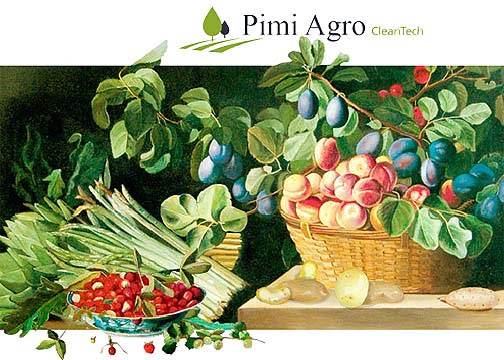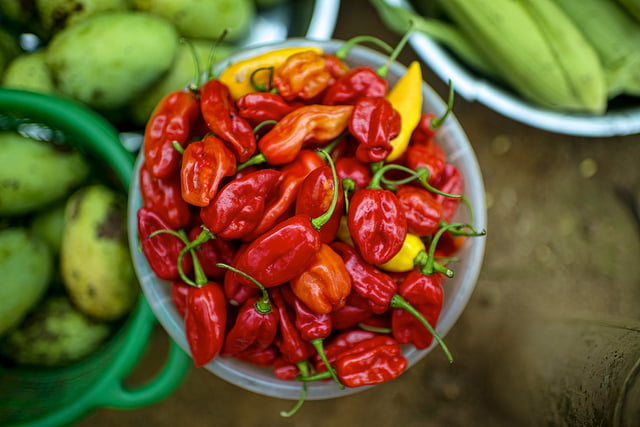This article was first published on The Times of Israel and was re-posted with permission.
Between a third and half of the food grown today never makes it to market. Produce of all kinds is “lost” to spoilage and disease, due mostly to transportation, storage, and other logistics issues. As a result, hundreds of millions of people still go hungry – but they don’t have to, thanks to an invention by Israel’s Pimi Agro. By applying a formula based on hydrogen peroxide — “with a few key additions,” said Nimrod Ben-Yehuda, CTO and co-founder of Pimi – fruits and vegetables remain fresh and viable for up to 10 weeks, significantly cutting losses due to rot and deterioration during the transportation process.
It sounds like a fantastic claim, but one Pimi can prove through the extensive scientific studies the company has undertaken over the past decade – studies that were persuasive enough for agricultural and food authorities around the world, including in the US, UK, Germany, Australia, China, and many other countries, to approve Pimi’s all-natural, zero-chemical method of preserving produce.
 They’ve also been persuasive enough for no less than Wal-Mart and SunPacific – one the largest retailer in America, and the other the largest shipper of citrus fruit there – to conduct large-scale field tests of Pimi’s technology, with an eye towards licensing it for everyday use, said Ben-Yehuda. “We’ve been speaking to Wal-Mart about how to market produce treated with our products. They’re not necessarily organic, but they are much healthier than ordinary produce – besides having a much longer shelf life – because farmers can cut down significantly on the use of fungicides.”
They’ve also been persuasive enough for no less than Wal-Mart and SunPacific – one the largest retailer in America, and the other the largest shipper of citrus fruit there – to conduct large-scale field tests of Pimi’s technology, with an eye towards licensing it for everyday use, said Ben-Yehuda. “We’ve been speaking to Wal-Mart about how to market produce treated with our products. They’re not necessarily organic, but they are much healthier than ordinary produce – besides having a much longer shelf life – because farmers can cut down significantly on the use of fungicides.”
SEE ALSO: ‘The Waze Of Agriculture’ Aids Farmers Around The World With Crowdsourced Data
Fungicides haven’t been on the radar of consumers as much as pesticides, and while organic produce marketers emphasize their use of non-chemical, environment-friendly pesticides – many based on natural ingredients known to deter bugs in specific crops – they usually don’t mention fungicides, which are applied to produce both pre- and post-harvest to prevent fungi from invading produce.
There’s a reason for that silence — most commercial fungicides, it turns out – even those certified as “organic” — are based on copper in the form of copper sulphate spray, and on chlorine. But fungicides are essential to the produce business. With much of the world’s produce shipped by truck and train – without refrigeration, in many places – fruit and vegetables are likely to succumb to rot and fungus that thrive in the hot storage conditions.
To continue reading this article on the TOI site, click here.
Related posts

Resilient And Nutritious New Plant-Based Milk Aims To Make A Splash

Chocolate From Cultivated Cocoa Comes Without Environmental Toll

Plastic Fantastic: Startup Takes PVC Back To Its Crude Oil Roots




Facebook comments